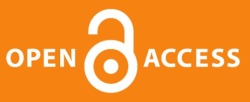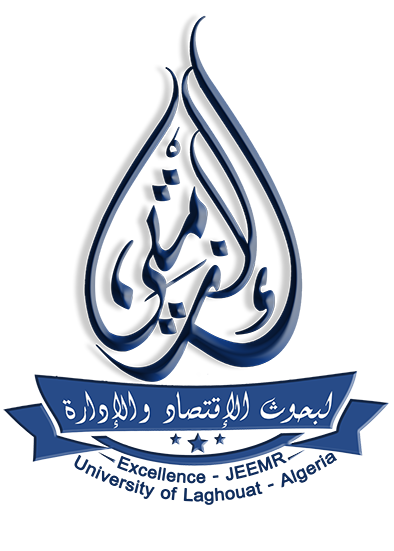The future of the HR function in the Algerian economic context : a prospective vision
Abstract
The study aims to explore the direction of the HR function in the future in the Algerian economic context. The study sample included 20 actors in HRM (including 16 HR directors and RRH practicing in economic enterprises in the west of Algeria and 04 academic experts in HRM).
The methodology applied in this study is the business prospective approach (Scouarnec and Boyer, 2002). Data were collected using interviews and a two-phase prospective questionnaire. Data were analyzed and processed using the Mactor method (Actors, Objectives, Power Relations), which is one of the most important methodology in prospective studies.
After data analysis the study detect the existence of a strong future consensus between the academic experts and most HRM practitioners about the necessity to develop the function of HR in the Algerian economic context focussing on the competencies and skills.
References
Bourdreau , Z., & John, I. (2011). The futur of HR and effective organizations. Organizational Dynamics(40), 225-266.
Boyer , L., & Scouarnec , A. (2005). L’observatoire des métiers Concepts et pratiques. France: Editions EMS-Management et société.
Boyer , L., & Scouarnec , A. (2009). La Prospective des métiers. France: Edition EMS-Management et société.
Frimousse , S., Igalens , J., Orsoni , J., & Thevenet , M. (2014). Ressources humaines et responsabilités sociétales. Caen, France: Edition EMS.
Hulin , A. (2010). Les pratiques de transmission du métier : de l'individu au collectif une application au compagnonnage (thèse de doctorat en sciences de gestion). Tours, Université François-Rabelais de Tours, France: Université François-Rabelais de Tours.
Huselid, M. (2011). Celebrating 50 years : looking back and looking forwad : 50 yeras of human Resource Management. Human Resource Management, 50(03), 309-312.
Lethielleux , L. (2017). L’éssentiel de la gestion des ressources humaines (éd. 10° édition ). paris, France: Gualino- lextenso éditions.
Mecherour, M., Hacini, I., & Semmache, A. (2018). La Fonction Ressources Humaines dans l’administration publique algérienne : état des lieux et essai de prospective. Al bashaer economic journal, 4(1), 369-385.
Mérindol , V., Évelyne , R., David, W., & Catherine , T. (2009). Une méthodologie de prospective métiers fondée sur les compétences collectives : l’exemple du métier de pilote de chasse. Management & Avenir(25), 315-334.
Noguera , F., & Lartigau , J. (2009). De la prospective à la gestion prévisionnelle des métiers et des compétences dans la fonction publique hospitalière : enjeux et perspectives. Revue management & avenir(25), 290-314.
Peretti , J.-M. (2017). Ressources Humaines (éd. 16e Edition). Paris, France: Vuibert.
Soulez-Chloé , G. (2017). la Gestion Des Ressources Humaines (éd. 10ème édition). (G. éditeur, Éd.) Paris, France: Lexctenso éditions.
نيل ريتشنبرج . (2017). الموارد البشرية وآفاق التحول. مجلة صدى الموارد البشرية(06)، 06-17.








